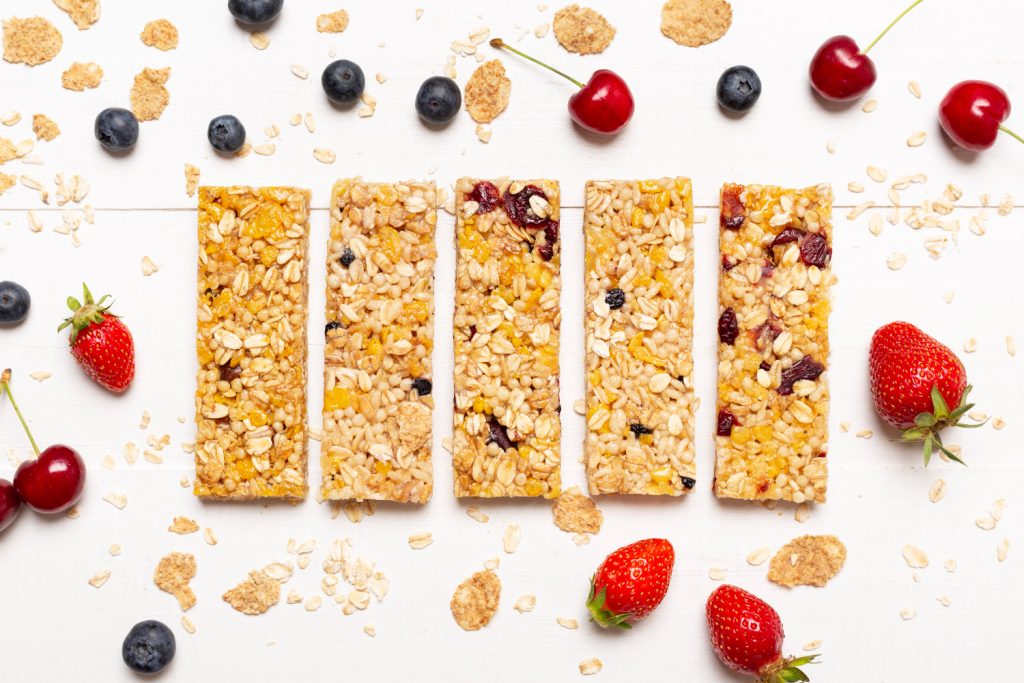
Are Meal Replacement Protein Bars a Healthy Choice or Just Hype
Table of Contents
Are you tired of the endless cycle of meal prep, snack planning, and calorie counting? Enter meal replacement protein bars, the grab-and-go solution that promises nutrition in a convenient wrapper. But as tempting as they may be, there’s a lingering question: are these bars genuinely healthy options or just another trendy food fad cloaked in clever marketing?
In this post, we’ll unwrap the truth about meal replacement protein bars, decode their ingredients, and explore whether they can truly support your health goals, or if they’re simply riding the wave of hype. Let’s dig deeper to find out if these tasty treats deserve a spot in your pantry or should be left on the shelf!
What Are Meal Replacement Protein Bars?
Meal replacement protein bars are a type of pre-packaged, portable snack designed to provide a balanced mix of macronutrients (protein, carbohydrates, and fat) in a convenient form. They are marketed as a quick and easy way to get a dose of protein and other essential nutrients on the go, making them popular among busy individuals, athletes, and fitness enthusiasts.
These bars usually contain a blend of ingredients such as protein sources (e.g., whey, soy, or pea protein), carbohydrates (e.g., oats, rice, or quinoa), healthy fats (e.g., nuts, seeds, or coconut oil), and various vitamins and minerals. Some bars also contain added ingredients like fiber, probiotics, and superfoods to enhance their nutritional value.
The Pros and Cons of Meal Replacement Protein Bars
Pros:
Convenience: Meal replacement protein bars are incredibly convenient and can be eaten on the go. They require no preparation, cooking, or refrigeration, making them a perfect option for those with a busy lifestyle.
Portion Control: These bars come in pre-portioned sizes, making it easier to keep track of your calorie intake and avoid overeating.
High Protein Content: Most meal replacement protein bars contain a significant amount of protein, ranging from 10-20 grams per bar. Protein is essential for building and repairing muscles, supporting weight loss, and keeping you feeling full and satisfied.
Nutrient-Dense: Many meal replacement protein bars are fortified with vitamins and minerals, making them a good source of essential nutrients that your body needs to function properly.
Versatility: Meal replacement protein bars come in a variety of flavors, textures, and formulations, making it easy to find one that suits your taste preferences and dietary needs.
Cons:
High Sugar Content: Many meal replacement protein bars are loaded with added sugars, which can contribute to weight gain and increase the risk of chronic diseases like diabetes and heart disease.
Artificial Ingredients: Some bars contain artificial sweeteners, preservatives, and other additives to enhance their taste, texture, and shelf-life. These ingredients may have negative effects on your health and can cause digestive issues in some individuals.
Lack of Variety: Relying solely on meal replacement protein bars for your meals can lead to a monotonous and unbalanced diet, as these bars may not contain all the essential nutrients your body needs.
Cost: Meal replacement protein bars can be expensive, especially if you consume them regularly.
Not a Substitute for Real Food: While meal replacement protein bars can be a convenient option in a pinch, they should not be used as a substitute for whole, nutrient-dense foods.
How to Choose a Healthy Meal Replacement Protein Bar
If you decide to incorporate meal replacement protein bars into your diet, here are a few tips to help you choose a healthier option:
Check the nutrition label: Look for bars that are low in added sugars and have a good balance of macronutrients (protein, carbohydrates, and fat). Avoid bars that have a long list of ingredients, especially those that contain artificial sweeteners and preservatives.
Choose a bar with at least 10 grams of protein: Protein is the most important nutrient in a meal replacement bar, so make sure the one you choose has an adequate amount to keep you feeling full and satisfied.
Look for whole food ingredients: Choose bars that contain whole food ingredients like nuts, seeds, and whole grains, rather than highly processed ones.
Conclusion
Meal replacement protein bars can be a convenient and nutritious option for busy individuals, but it’s essential to choose them wisely. Look for bars with whole food ingredients, a good balance of macronutrients, and minimal added sugars and artificial ingredients. Additionally, remember that these bars should not be used as a substitute for real, whole foods in your diet. As with any food, moderation and variety are key to maintaining a healthy and balanced diet.

